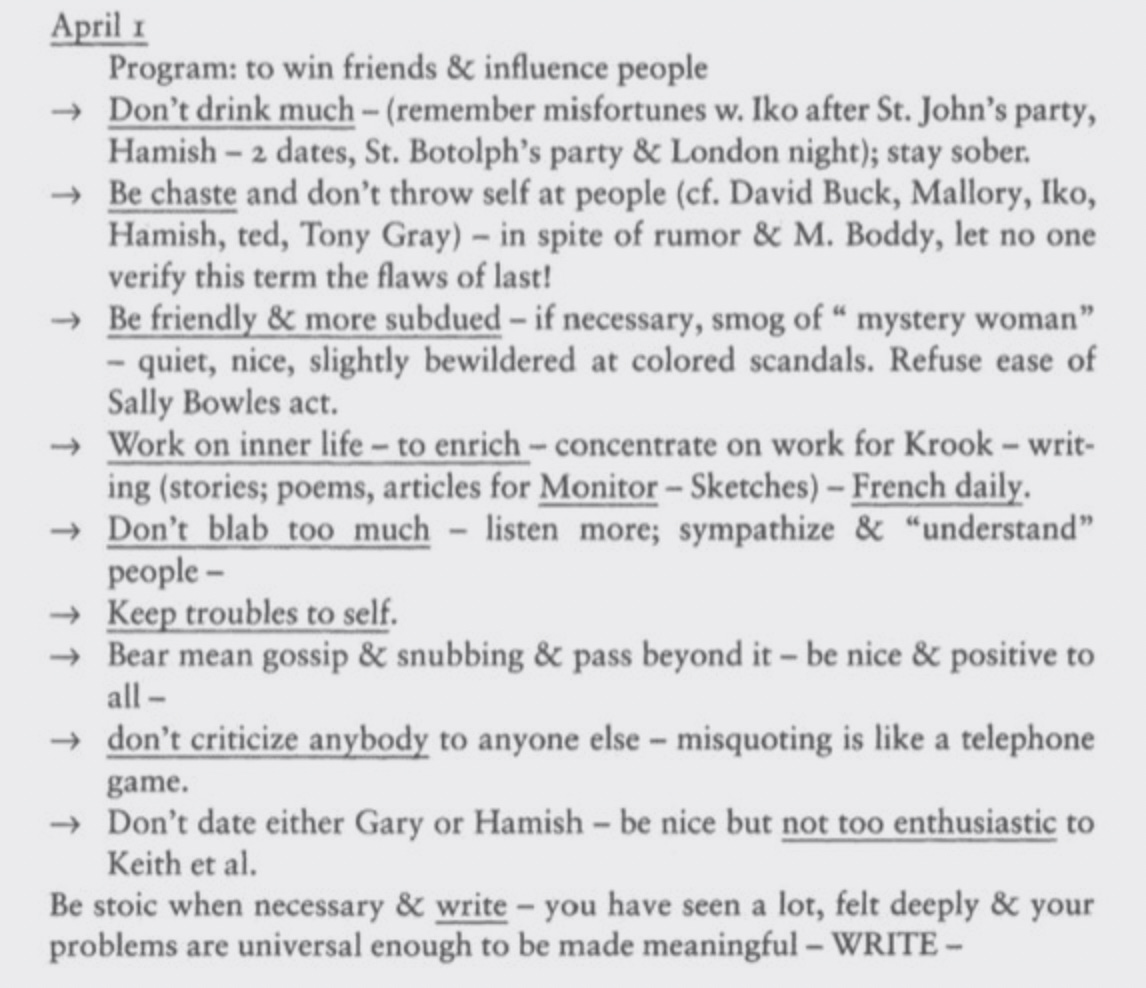I came of age in the era when nearly every high school girl I knew read The Bell Jar and claimed it as her own story. Weren’t we all disaffected? On the edge of a mental breakdown? How could any young woman be “okay” in a social climate designed to keep women down?
We felt so much and could express so little. This novel allowed for points of connection, for a sense that we (okay—young, white women) had been seen. Strange sidebar: Plath wrote this under a very English pseudonym, Victoria Lucas, in 1963 (published unfinished in the UK, the year she died) and it arrived without fanfare. In 1973, it was republished under Plath’s name in the States. I read it in 1975, perhaps that’s the reason it felt so immediate. So palpable.
And although Sylvia Plath lived her first years in Jamaica Plain, Massachusetts then Winthrop, and eventually attended Smith College, there is more than a generation between us. We never physically met. Yet her beautiful ghost followed me everywhere I went. In every poem I wrote, her genius mocked me. I wonder how many Massachusetts young women chose not to be poets? The fear of ending up a suicide felt all too real. Sylvia Plath and Anne Sexton committed suicide just a little over 10 years apart — years that bookended my youth.
I suppose there was also a concomitant sense of excitement as a teenager; that life and death could be so meaningful and meaningless at once. That one shy girl could matter.
I will admit that I am no longer a super fan of Plath’s poetry although I greatly admire it. Luckily for me, my dear friend, the poet Kelli Russell Agodon, is a much better source of Plath facts. For example, did you know Sylvia Plath was a Girl Scout and lover of making lists? (Thanks, Kelli!) She also worked as a receptionist in the psych ward at Mass General after college.
But Plath’s poems that I believe in I am 101% faithful to. I remember the frisson of the first read. Lust like a fat gold watch? An infant that does not belong to its mother? My teenage world turned upside down. I didn’t only learn about the power of the line and incredible metaphor from Plath, I also learned a new worldview. A world I could create. A world where I wasn’t marginalized or invisible.
Morning Song
BY SYLVIA PLATH
Love set you going like a fat gold watch.
The midwife slapped your footsoles, and your bald cry
Took its place among the elements.
Our voices echo, magnifying your arrival. New statue.
In a drafty museum, your nakedness
Shadows our safety. We stand round blankly as walls.
I’m no more your mother
Than the cloud that distills a mirror to reflect its own slow
READ THE REST HERE
I’ve saved one of my favorite poems, “The Moon and the Yew Tree,” for last. I love that it was an “assignment” from her then husband Ted Hughes. In my mind, I see Hughes being dismissive of her. “Write what you see out the window,” and her writing this. This. Here is the breathtaking beginning:
This is the light of the mind, cold and planetary.
The trees of the mind are black. The light is blue.
The grasses unload their griefs at my feet as if I were God,
Prickling my ankles and murmuring of their humility.
Fumey spiritous mists inhabit this place
Separated from my house by a row of headstones.
I simply cannot see where there is to get to.
The moon is no door. It is a face in its own right,
White as a knuckle and terribly upset.
It drags the sea after it like a dark crime; it is quiet
With the O-gape of complete despair. I live here.
And for the Plath fangirls and guys—and the list makers: here is one I adore. I don’t know how old Plath was when she wrote this, but it seems likely the mid-1950’s well before England and Ted Hughes. Enjoy!
For the hardcore Plath fans that feel this is exceptionally Plath-lite (it is) I will include a link to a 4 week Sylvia Plath course being taught at Cambridge University this spring on Saturdays (very early morning if you are in the Pacific Northwest). For more information click here.
And since this is the beginning of the holiday season, I can’t help but offer a second small gift. My new and selected poems, Gallery of Postcards and Maps (Salmon Poetry) is an ideal book for the poet in your life (you). I’m happy to inscribe and send the book — gift wrapped — anywhere in the US for $17.95 (no charge for postage). Just email me for a Venmo or Paypal link. You can contact me here.







